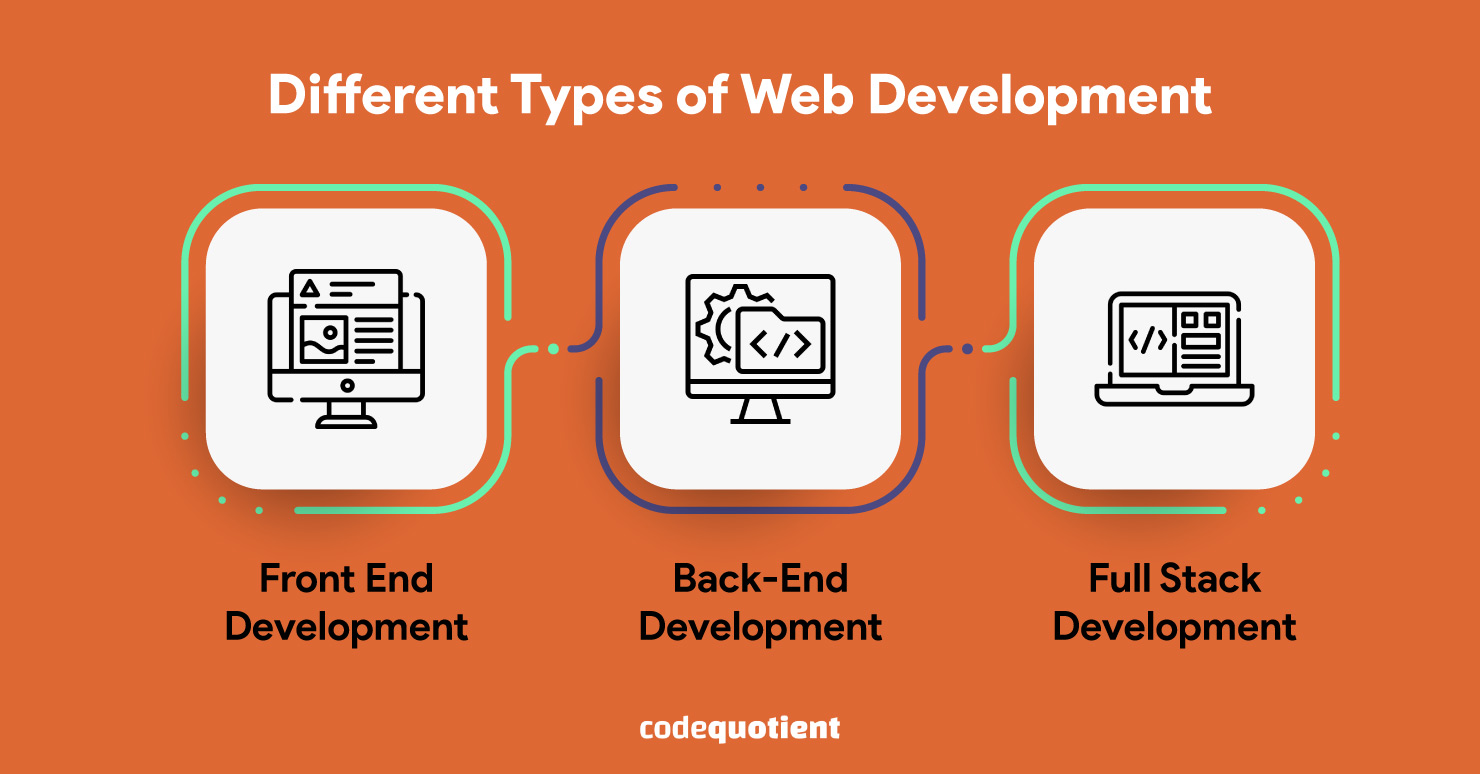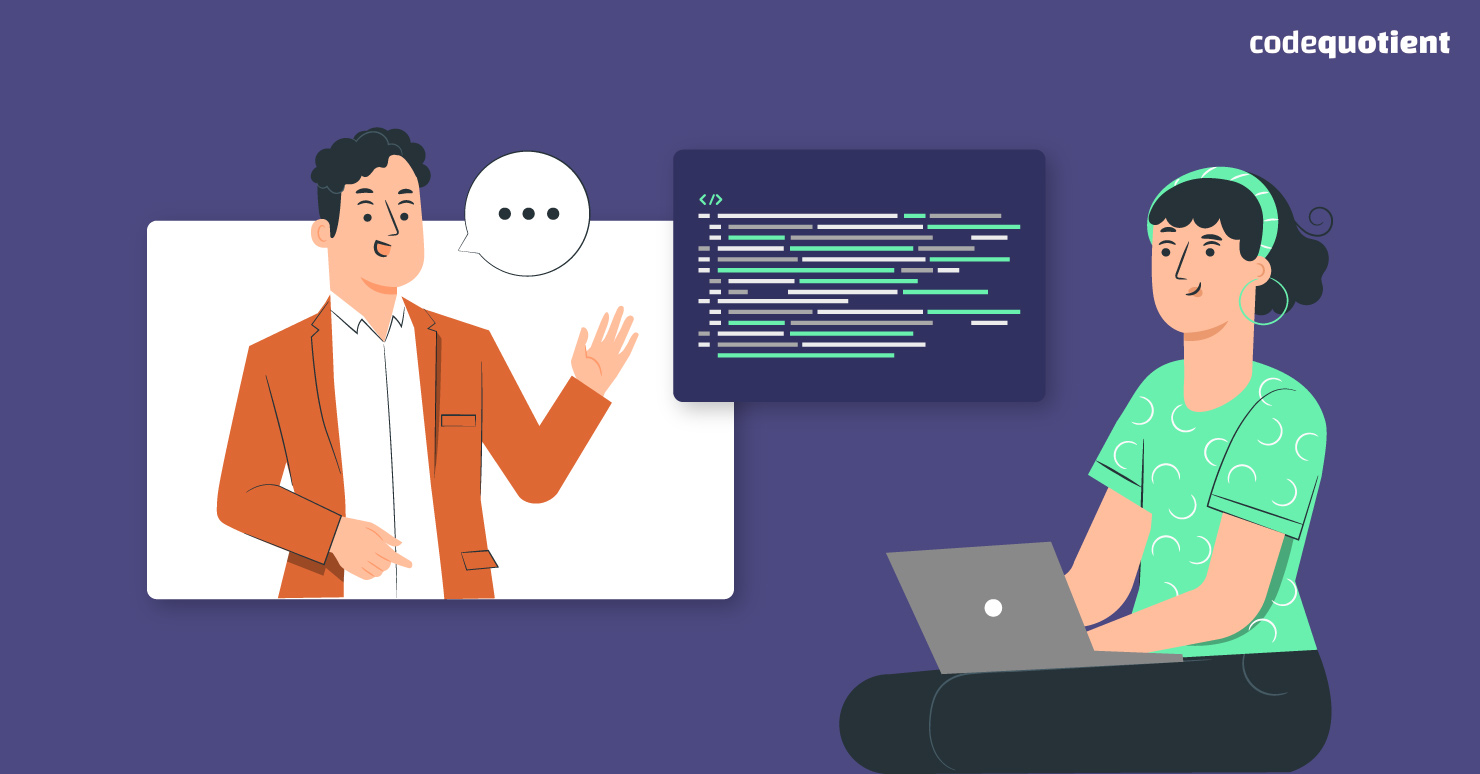Have you ever wondered how some websites look so sleek and easy to use? Well, learners, you need not look any further to find your answers. As an aspiring coder, it is imperative to understand how websites are made. The best way to do this is by enrolling in a website development course. Here are some basics, however, to get you started.
Why is Website Development Important?
A website is essentially a file stored on the internet where you can display important information about a business, share art, connect with people and a plethora of other reasons.
We live in the IT age, with half of the world’s population (5.35 billion) on the internet. So, it is safe to say that the internet will be around for the rest of our lifetime, perhaps long after.
In today’s world, a website has become like a digital stamp that gives business credibility and even legitimacy.
Therefore, having a bug-free, cutting-edge website updated regularly has become a requirement. As a result, businesses are always in need of developers who can make this happen.
As a coder, you of course know pretty well about programming languages so do yourself a favour and enrol in a website development course. But before you do, here is a short website development crash course in which we will be covering the basic types of web development.
This article will provide an overview of things you should know about web development as a coder.
What are the Different Types of Web Development?

There are three main types of web development:
- Front-end development
- Back-end development
- Full stack development
1. Front-end web development
Front-end developers deal with how the user interfaces look and how users or clients interact with the website. This includes flow, look and feel, design elements, colours, graphic design, layout and navigation.
The front-end development job is to ensure that the website’s quality, look and feel are maintained across various devices, including laptops, smartphones and tablets.
Front-end developers typically use HTML, Java and CSS languages for their work. They need to consider security, search engine optimisation, user experience and trends.
Front-end web development plays a huge role in how users engage with the website and, by extension, the brand itself. Therefore, attention to detail and aesthetic design sensibilities are integral to being a front-end developer.
2. Back-end web development
The back-end developer is responsible for writing and updating the code that powers a website. Finally, the thread connects the internet server to the front end and ensures that all the information is accounted for.
It is the actual technical scaffold around which the web design is structured.
For example, for an eCommerce business website where actual monetary transactions are taking place, it is important to ensure that they are processed correctly.
Back-end developers typically use languages like PHP, Python or Java to show their development skills. At the back end, developers are responsible for things like security and site architecture.
Back-end development is like the magic that happens behind the scenes to mount a website. It is everything users don’t see.
The two must collaborate to ensure the smooth functioning of a website. Think of it like this: if front-end developers are the interior designers, then backend developers are the architects.
3. Full-stack web development
Full-stack development, as the name suggests, covers the website development process end-to-end. It is a convergence of many development skills. As a result, it is a highly sought-after position and requires years of experience in the field to attain this level of expertise.
The word “stack” refers to the various technologies that converge in this field. Full-stack developers generally cover all aspects of development but may have a specific area of specialisation using various development tools.
They are often the ones responsible for identifying changes in technological trends and finding ways to incorporate them into the overall engineering of a website to maximise the capabilities of a business.
Full-stack development is generally a position you rise to occupy, rooted in years of experience and understanding and identifying trends.
How Will a Web Development Course Benefit You?
Within these three broad categories, there are several sub-categories like game development or mobile app development. A web development course and guidance from mentors will help you get a sense of your interests and where your true talent lies.
You can enrol in our Software Engineering Bootcamp., which covers all aspects of programming and will help you become the best coder you can be!
Get in touch with us to learn more about how can CodeQuotient help.




